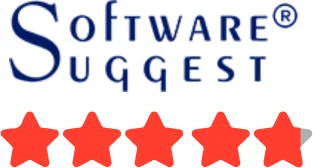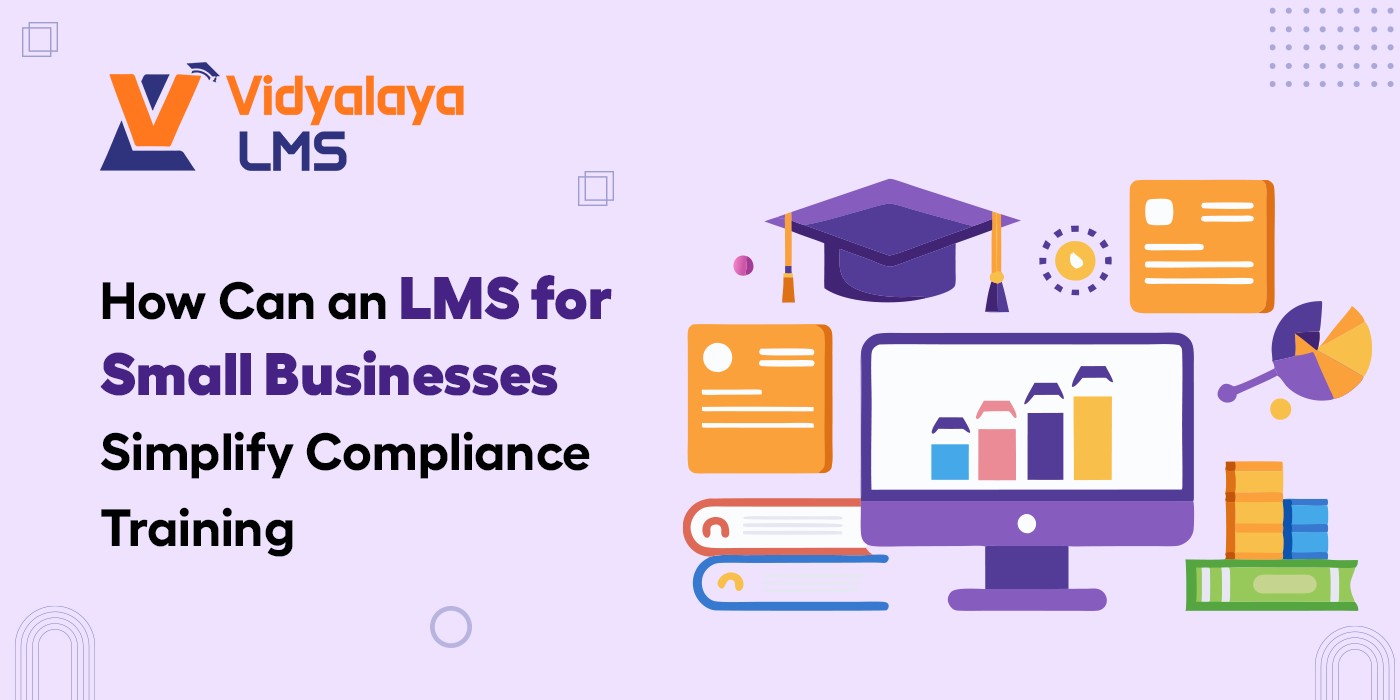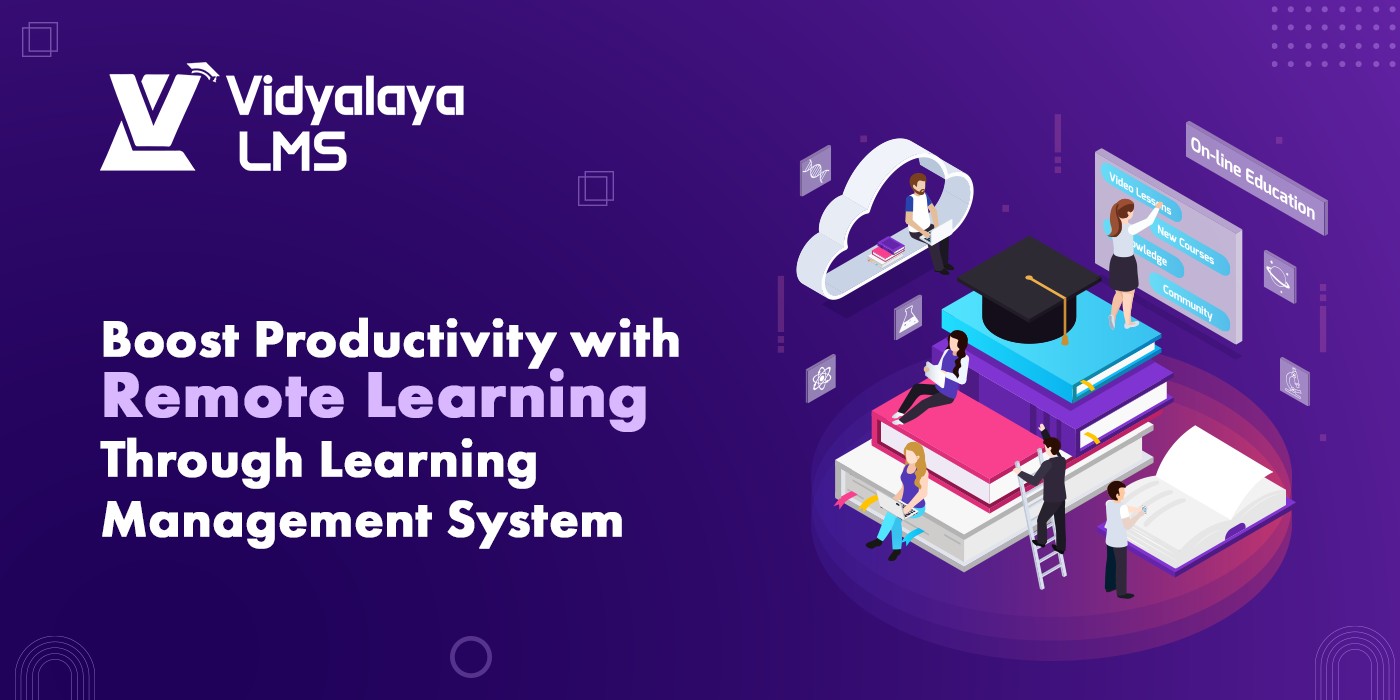Small businesses face obstacles unique to small business owners, such as small budgets, small work teams, and keeping up with changing compliance regulations. This is where an LMS for small businesses makes all the difference by simplifying compliance training, reporting on personal growth, and compliance tracking—all through an effective Learning Management Software Platform. It helps small companies save time and resources, preventing them from falling behind larger competitors and corporate businesses.
In this blog, we will discuss the importance of compliance training for small businesses, how an LMS designed for business can make this easier, and the benefits you can expect. We will also explore why many companies are moving from traditional training methods to an enterprise-level Learning Management System Platform for ongoing growth and compliance.
Often, compliance training is seen as an uninteresting requirement, especially for smaller companies juggling multiple tasks. However, ignoring compliance could lead to penalties, lawsuits, or damage to a company’s otherwise solid reputation—none of which any company can afford. Compliance training used to involve in-person sessions, paper materials, or scattered online courses that overlapped or conflicted. These approaches do not create a structured, trackable, and scalable training program, unlike what a modern Learning Management Software Platform offers.
Why Does Compliance Training Matter for Small Businesses?
Larger organizations often have specialized HR or compliance departments responsible for regulation management. Small businesses, however, most time have fewer employees. This, in turn, may make them more vulnerable to compliance-related oversights. Regulations related to workplace safety, data protection (GDPR), harassment prevention, and financial reporting are all applicable to businesses of any size, not just large businesses.
Non-compliance could lead to:
- Heavy fines or lawsuits
- Being stripped of business licenses/certifications
- Loss of reputation/trust from clients
- Employees feel dissatisfied, leading to high turnover rates
Structuring a small business that uses structured training through an LMS is a sound investment that limits risks while keeping your teams updated on the latest policies and regulations.
How an LMS for Small Businesses Simplifies Compliance Training?
1. Centralized Training Repository for Compliance Training:
Instead of the hassle of constantly referring to different documents, emails, and external trainers, all compliance training is centralized in one easy-to-use Best LMS Platform. Employees can log in any time to view training courses, videos, quizzes, and certifications all in one place.
2. Automatic Tracking & Reporting:
A robust LMS for business automates all the tracking and reporting of employee progress. Business owners or managers can create reports at the click of a button to see who has completed training and who hasn’t. This is very helpful during audits or inspections.
3. Standardization Across Teams:
When you have multiple locations within your small business, it can be difficult to train consistently. An enterprise learning management software will ensure that each employee goes through the same training as their counterparts, regardless of the location. This will help to avoid knowledge gaps and help promote fairness.
4. Affordable Growth:
Unlike traditional training that requires on-site training and repeating instructor counts, distance learning will grow with your team. You can add new employees, update compliance courses, or add new topics with very little cost.
5. Access Anytime, Anywhere:
Employees of small businesses usually wear many hats; therefore, they need access and flexibility, which they won’t get with traditional training. eLearning via LMS allows flexibility and convenience because compliance training can take place on a mobile device, desktop, or tablet, anytime, anywhere, without putting everyday duties on pause.
Benefits of Using an LMS System for Business Compliance
Introducing an LMS in your small business offers the following benefits:
- Reduced Risk: Streamlines record-keeping and makes it easier to demonstrate compliance during audits.
- Time Savings: Saves significant time spent managing in-person training.
- Employee Engagement: Use of interactive learning activities for training generates less boredom and more retention.
- Cost Savings: Helps to eliminate costly repetition for trainers, location, and materials.
- Retention: Smaller learning periods focused on content and quizzes reinforce key compliance information.
Why Enterprise Learning Management Software Isn’t Just for Large Corporations?
People often assume that an enterprise Learning Management System Platform is only appropriate for large businesses. In fact, many learning management systems are uniquely suited for small businesses, typically at a more affordable subscription price with more simplicity in the user experience.
With this type of system, smaller businesses can gain some of the enterprise benefits, such as compliance automation, analytics, and mobile learning, at a much lower cost and with less complex systems. This gives smaller companies a better chance to compete in highly regulated compliance domains.
Final Thoughts:
For small businesses, staying compliant with ever-changing regulations while managing limited resources is a constant challenge. Vidyalaya LMS understands these unique hurdles and offers a powerful Learning Management Software Platform designed specifically to simplify compliance training, automate reporting, and enhance employee development. By adopting a modern Learning Management System Platform, small businesses not only reduce risks like penalties and reputational damage but also gain a competitive edge against larger corporations.
With features like centralized training, automated tracking, and flexible access, Vidyalaya LMS empowers small teams to stay up-to-date efficiently and cost-effectively. Investing in the right platform today means your business can focus on growth and innovation, knowing compliance is streamlined and secure. If you’re ready to transform your training process and protect your business, Vidyalaya LMS is here to help you take that crucial step forward.



























